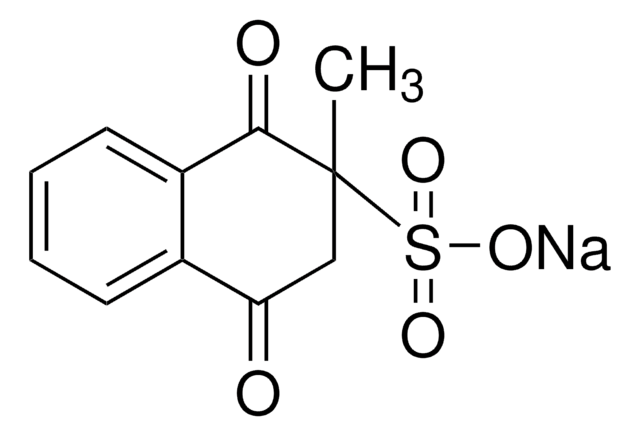R7882
Retinyl acetate
BioReagent, solid or viscous liquid, synthetic, suitable for cell culture
Synonym(s):
Retinol acetate, Vitamin A acetate
About This Item
Recommended Products
biological source
synthetic
Quality Level
product line
BioReagent
Assay
≥90% (HPLC)
form
solid or viscous liquid
potency
~2,800,000 I.U. per g
mol wt
Mw 328.49 g/mol
technique(s)
cell culture | mammalian: suitable
color
light yellow to dark yellow
mp
57-58 °C
solubility
absolute ethanol: 25 mg/mL (lit.)
storage temp.
−20°C
SMILES string
CC1=C(/C=C/C(C)=C/C=C/C(C)=C/COC(C)=O)C(C)(C)CCC1
InChI
1S/C22H32O2/c1-17(9-7-10-18(2)14-16-24-20(4)23)12-13-21-19(3)11-8-15-22(21,5)6/h7,9-10,12-14H,8,11,15-16H2,1-6H3/b10-7+,13-12+,17-9+,18-14+
InChI key
QGNJRVVDBSJHIZ-QHLGVNSISA-N
Looking for similar products? Visit Product Comparison Guide
Related Categories
General description
Application
Biochem/physiol Actions
Other Notes
Preparation Note
Signal Word
Danger
Hazard Statements
Precautionary Statements
Hazard Classifications
Aquatic Chronic 4 - Repr. 1B
Storage Class Code
6.1C - Combustible acute toxic Cat.3 / toxic compounds or compounds which causing chronic effects
WGK
WGK 2
Personal Protective Equipment
Certificates of Analysis (COA)
Search for Certificates of Analysis (COA) by entering the products Lot/Batch Number. Lot and Batch Numbers can be found on a product’s label following the words ‘Lot’ or ‘Batch’.
Already Own This Product?
Find documentation for the products that you have recently purchased in the Document Library.
Customers Also Viewed
Articles
All-trans retinoic acid (RA, ATRA) is a pleiotropic activation factor that regulates genes associated with normal vertebrate cellular processes such as cell differentiation, cell proliferation, apoptosis, and embryonic development.
All-trans retinoic acid (RA, ATRA) is a pleiotropic activation factor that regulates genes associated with normal vertebrate cellular processes such as cell differentiation, cell proliferation, apoptosis, and embryonic development.
Our team of scientists has experience in all areas of research including Life Science, Material Science, Chemical Synthesis, Chromatography, Analytical and many others.
Contact Technical Service

